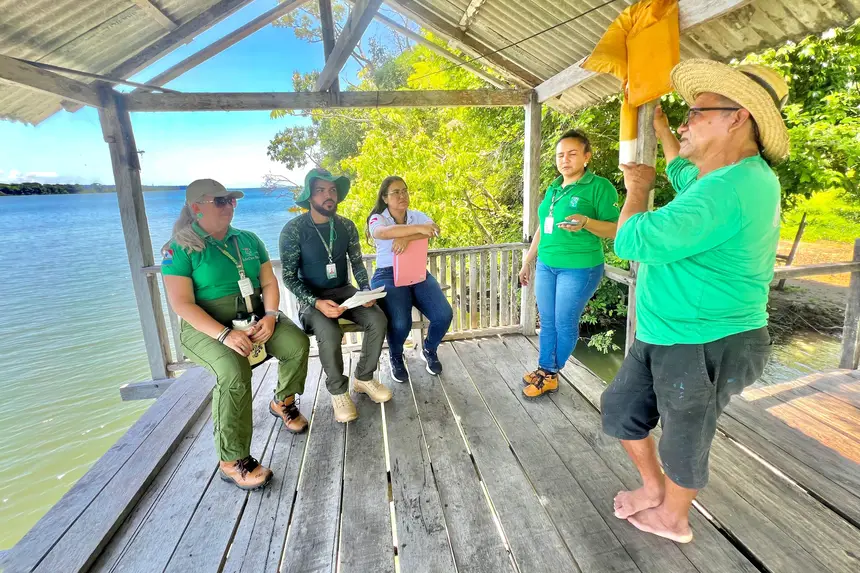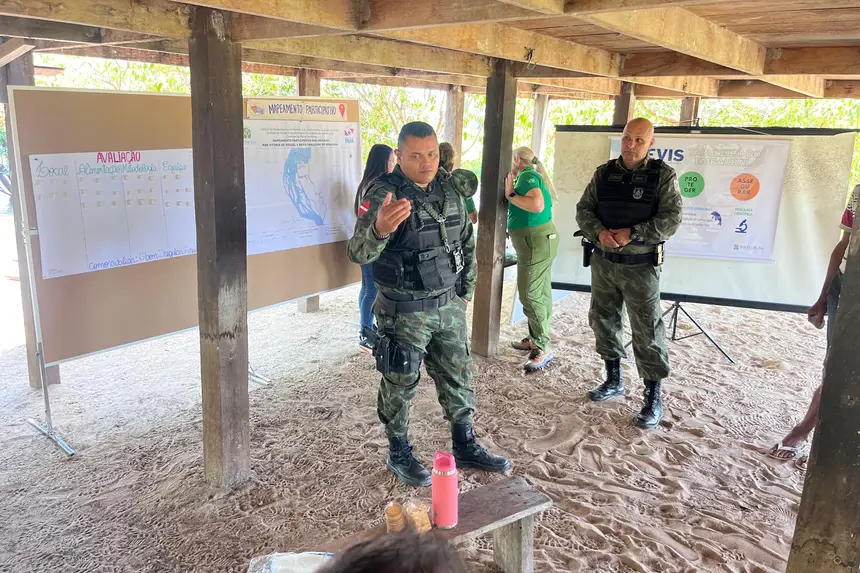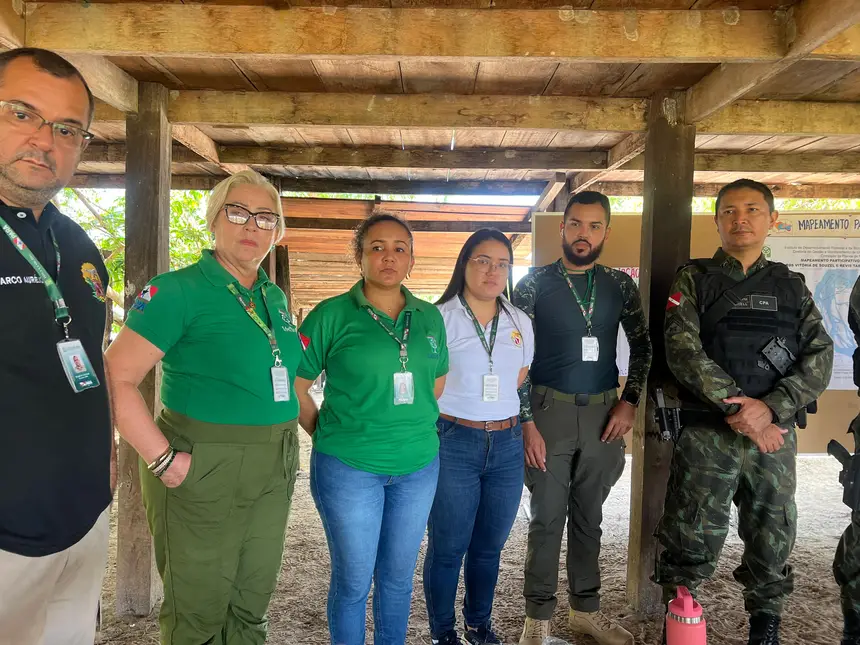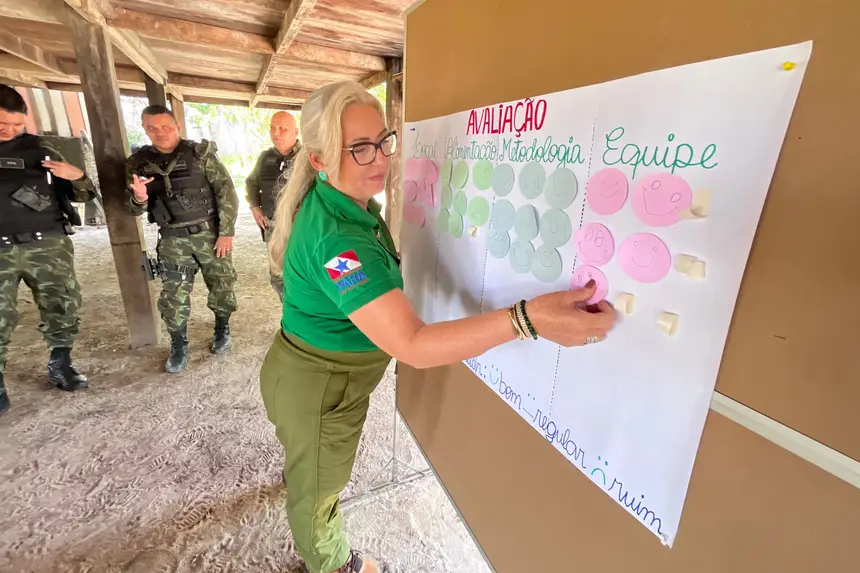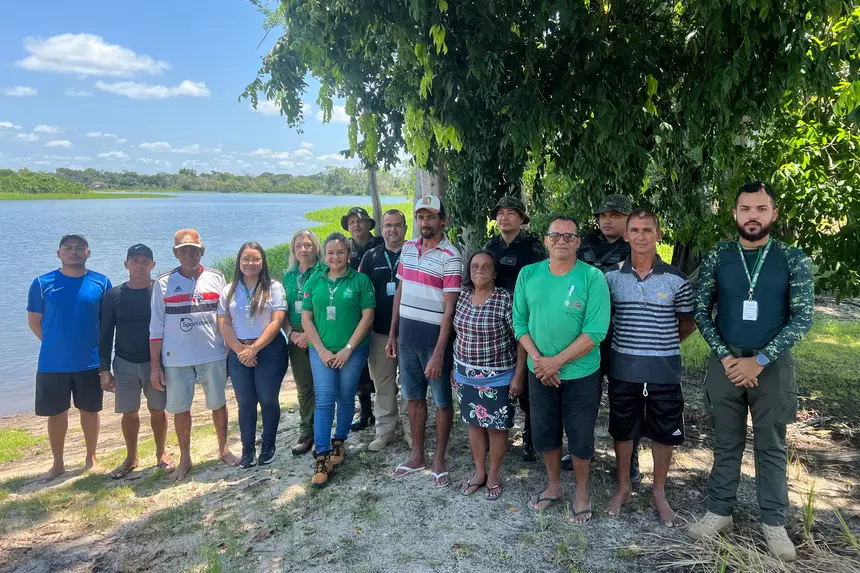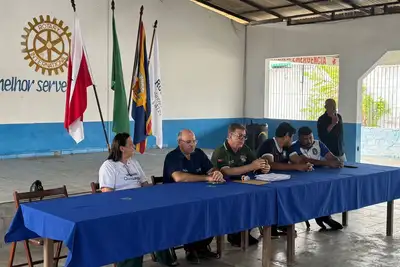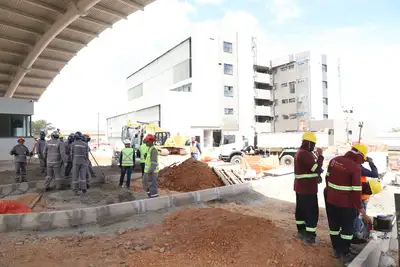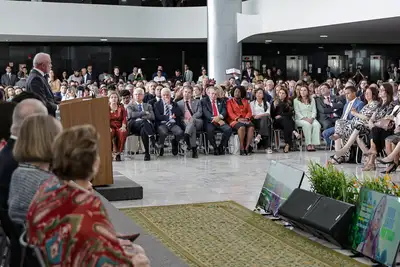Ideflor-Bio advances in the construction of the Management Plan for the Tabuleiro do Embaubal Wildlife Refuge
The document will have guidelines for sustainable use and biodiversity conservation in the municipality of Senador José Porfírio, with broad participation from the local community

The Government of Pará, through the Institute of Forest Development and Biodiversity (Ideflor-Bio), is advancing in the preparation of the first Management Plan for the Tabuleiro do Embaubal Wildlife Refuge (Revis), located in Senador José Porfírio, in the Xingu Integration Region. The process is being conducted in a participatory manner, with active listening from the surrounding population, which has contributed with experiences, demands, and expectations for the future of the conservation unit.
In the workshops held recently, residents of the region, representatives from environmental institutions, and security forces discussed topics such as monitoring, conservation, and sustainable management alternatives. The initiative reinforces the State's commitment to integrated and inclusive management of conservation units, prioritizing the protection of biodiversity alongside the development of local communities.
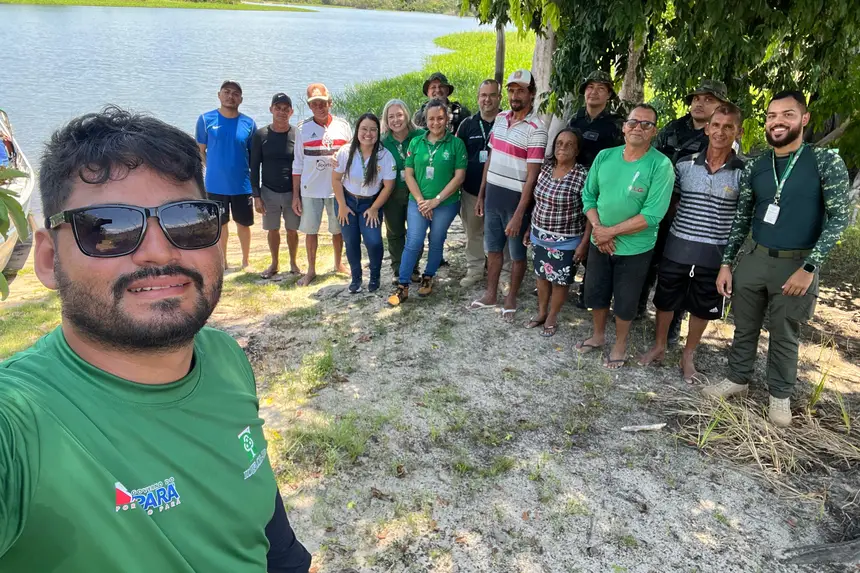
Community participation strengthens environmental management
During the meetings, representatives from the Environmental Police Battalion (BPA) highlighted the importance of environmental monitoring and enforcement as pillars of the plan's effectiveness. The joint action between the State, security agencies, and the population was pointed out as essential to reduce conflicts and strengthen the conservation of threatened species, such as Amazon turtles, tracajás, pitiús, and manatees.
For Ideflor-Bio, the participatory construction of the Management Plan reinforces a new perspective of environmental governance in Pará. "The preparation of the Management Plan for the Revis Tabuleiro do Embaubal is an essential step to ensure the protection of biodiversity and guide the management of the unit. With the coordination of Ideflor-Bio, this instrument strengthens the conservation of emblematic species, reaffirming the State's commitment to environmental preservation and the sustainable use of natural resources," said Lorena Viana, environmental analyst and coordinator of the Plan.
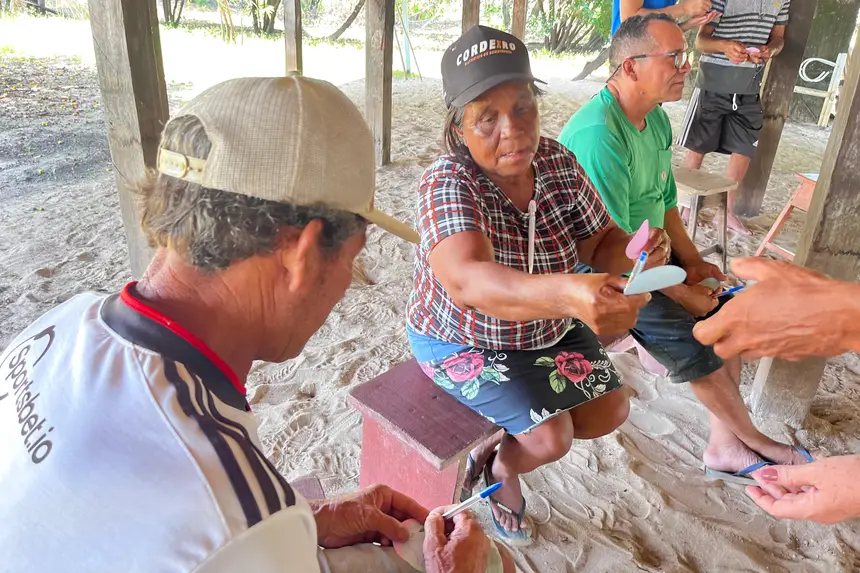
Residents from the surrounding area positively evaluated the initiative. Manoel Francisco, who lives near the Revis, emphasized the importance of the community being heard. "Our hope is that someone really looks out for us. We want the law to be applied, that our rights are respected. It was very good to be able to participate, to talk about our difficulties and to realize that there is a willingness to do things differently," he said.
The workshops also opened space for discussion on solutions that reconcile environmental preservation and quality of life. The Tabuleiro do Embaubal is considered one of the main nesting sites for turtles in the Amazon, and the involvement of the local population is seen as strategic for the conservation of the area.
The construction of the plan will continue with new workshops and consultations with the population, ensuring that the document reflects both technical aspects and the realities of the territory. The forecast is that the Management Plan will be completed in 2026, containing guidelines for sustainable use, enforcement actions, encouragement of scientific research, and environmental education.
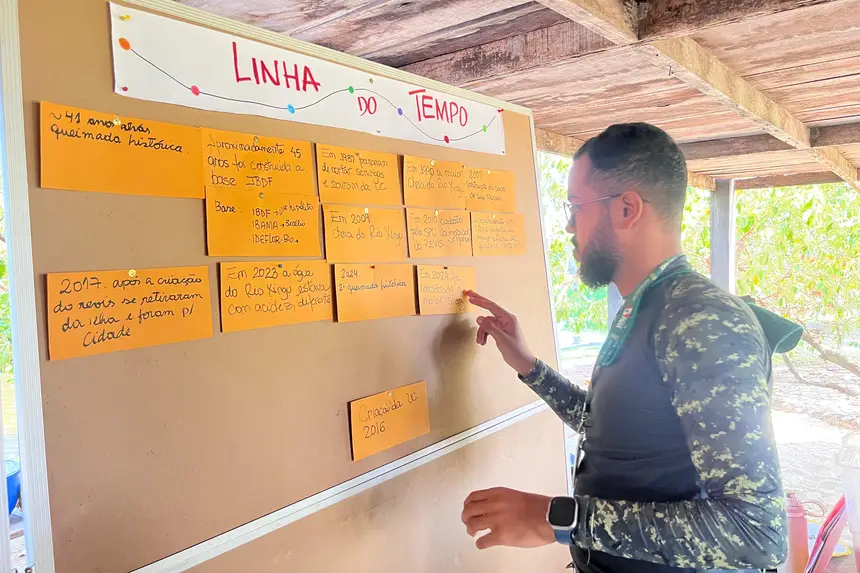
"Our goal is to build a plan that is technical and, at the same time, legitimate in the eyes of the community. The workshop was a moment of listening and exchange, essential for the final document to represent not only conservation guidelines but also the reality of those who live in the territory. This alignment is fundamental for the Tabuleiro do Embaubal to continue being a reference in biodiversity and an example of participatory management," highlighted Ellivelton Carvalho, director of Management and Monitoring of Conservation Units at Ideflor-Bio.
For Marco Aurélio Oliveira, manager of the Xingu Administrative Region of the Institute, the initiative reinforces the institutional mission of bringing the State and society closer together. "By uniting technical knowledge, active enforcement, and social participation, the Management Plan for the Revis Tabuleiro do Embaubal consolidates itself as a milestone for the conservation of one of the most emblematic areas of Pará, ensuring that its natural and cultural heritage is preserved for future generations," he concluded.


